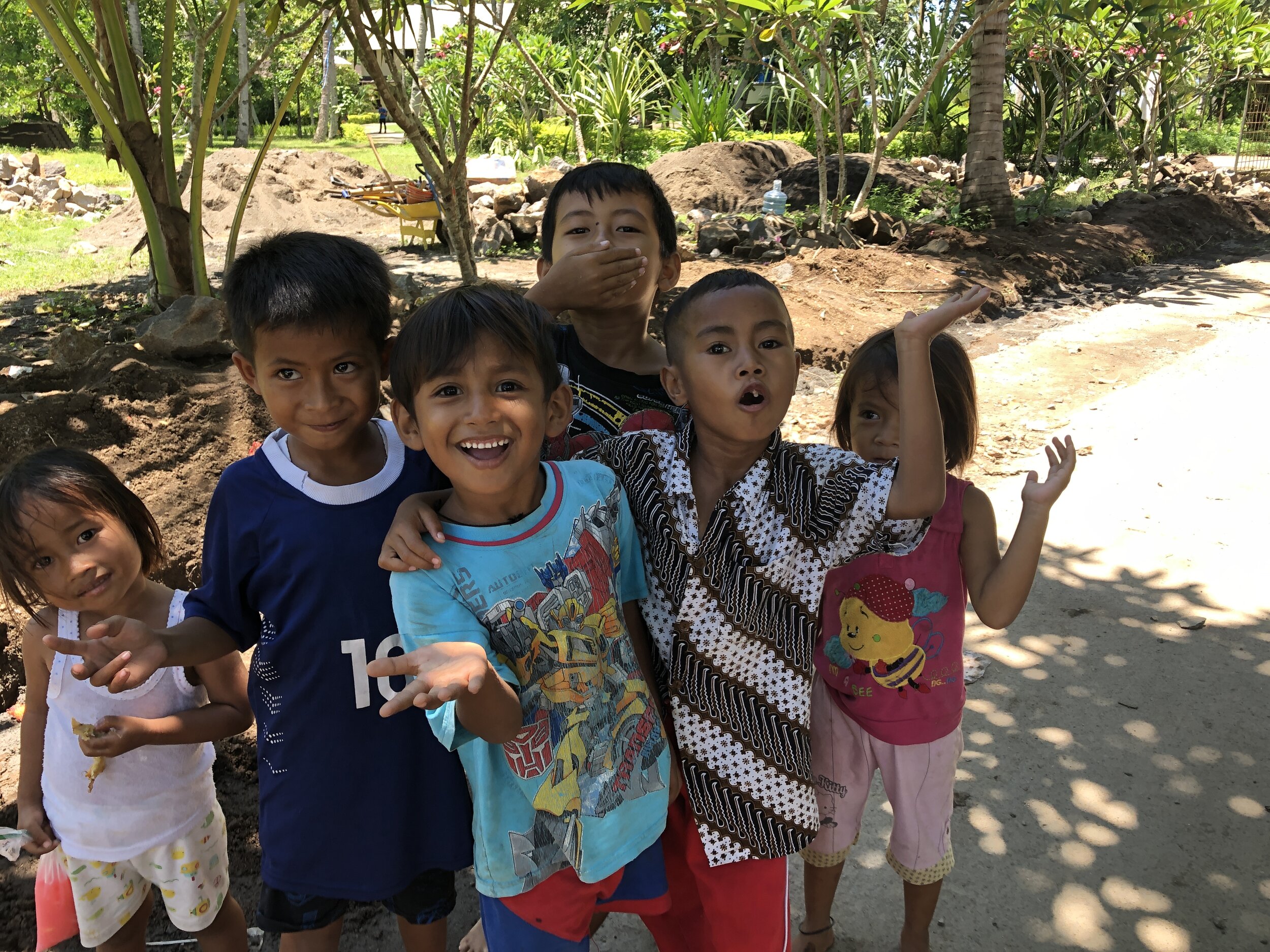Professional Development Training
Holistic Circus Therapy (HCT)
Holistic Circus Therapy (HCT), LLC is a registered, accredited private practice that combines occupational therapy with circus arts to address the unique health needs of individuals and communities. HCT provides professional development training, fieldwork placements, and direct client services that utilize circus as an evidence-based educational and therapeutic tool. 100% of profits from HCT's services fund CircusAid projects, which provide free HCT services to help people displaced by war and natural disasters attain transferable life skills to promote greater success in unstable physical and political environments.
Course
This course explores how occupational therapy interventions can be combined with social circus philosophy to provide effective services in pediatric, mental health, special needs, aged care, community health, and social-political sectors.
The practice of circus-themed occupational therapy
requires task analysis of activities, clinical reasoning,
evidence-based approaches and evaluation tools to facilitate
greater application for diverse service users. Practitioners of
circus-based occupational therapy will be able to provide
interventions and demonstrate effective psychosocial change
for individuals and their communities.
Social Circus
Social circus is comprised of process driven activities delivered with an emphasis on creating change in specific capacities and patterns of behavior that can be transferred to ‘real life’ settings (Arrighi, 2014). Participants will not necessarily become acro-bats, but they will adopt the characteristics of trust, positive risk taking, empathy, problem solving, and teamwork that apply to personal and professional contexts (Maglio &McKinstry,2008).
In this course, we examine circus-themed occupational therapy practice, theory, and perspective to promote an enhanced understanding of the unique offering of circus that’s built on an occupational therapy foundation.
As the primary funder of CircusAid, this course has a specific focus on the intersection of circus and occupational therapy for
addressing the negative consequences of displacement, especially mental health issues and trauma as they relate to the
experience of occupational deprivation.
Examples of circus themed occupational therapy practices support the belief that the resettlement journey should uphold people’s right to engage in meaningful occupations (Hammell, 2008). Discussing occupational participation of refugee populations engaging in circus activities contribute to an increase in understanding of the meaningfulness of process-oriented occupational engagement
“This basic human need becomes challenging during resettlement where there are heavy restrictions onchoice, opportunity, accessibility, freedom andresources.”
CircusAid programs build resilience, mental health and community connection through circus activities to help service recipients heal from trauma and gain life skills to enable occupational engagement during resettlement. CircusAid has worked in Greece, France, and Indonesia since 2015, engaging over 3000 Afghan, Syrian, Iraqi, Sudanese Eritrean, Ethiopian and Indonesian refugees in social circus programs. Participants have reported increased levels of happiness, motivation, self confidence, better sleep, and improved connections to their communities.
Occupational Therapy and Social Circus
Occupational therapy and social circus have complementary
purposes of empowering people with adaptable life skills that
support health equity. Both disciplines also have a potentially
significant role in defending the cultural and human rights of
marginalized individuals and communities.
This course aims to increase the understanding and practical skills of occupational therapists in individual, community-centered, and sociopolitical contexts to promote an integrated health care and culturally sensitive approach to improving health and wellbeing. It is accessible to occupational therapists, psychologists, students, global health workers, education professionals, and community development service providers.
“A new and different approach to therapy and a fun way to engage children and adults to a different kind of physical exercise. As a parent, I have seen first hand the improvements in 2 of my children from learning juggling and circus therapy. After attending Jill’s workshop, I instituted a program with children with cerebral palsy, and it was the most popular group event with the highest attendance.”




